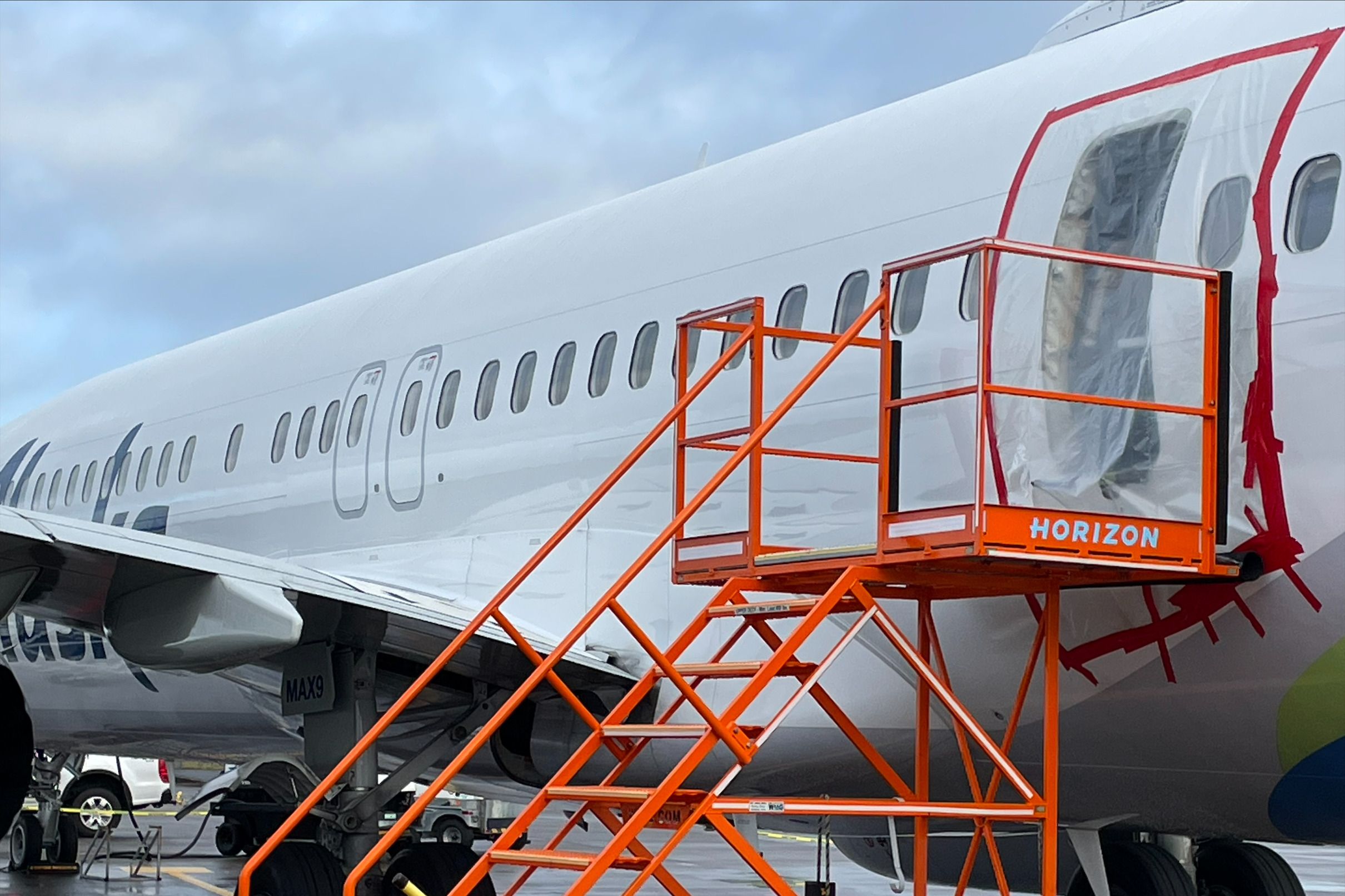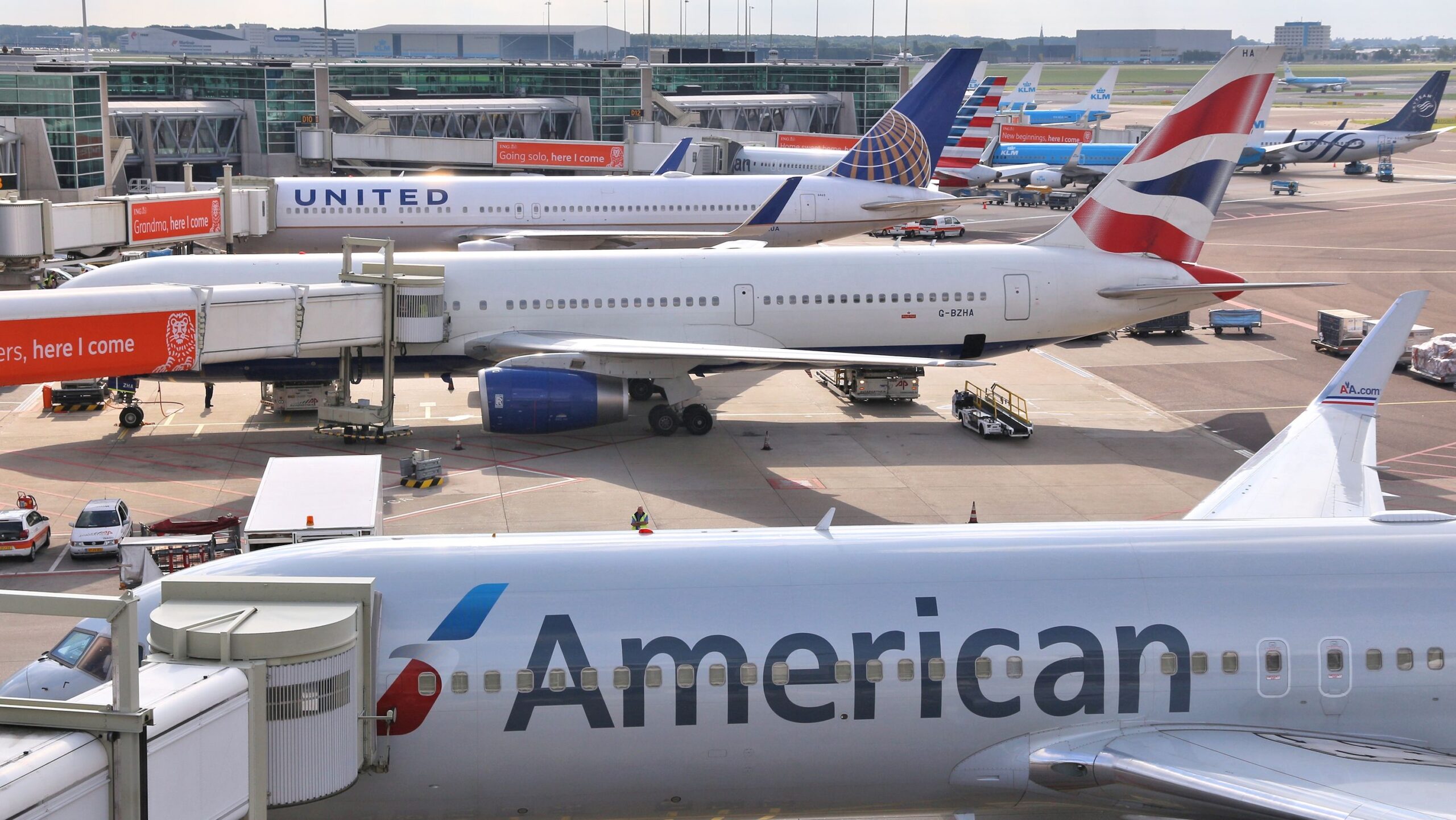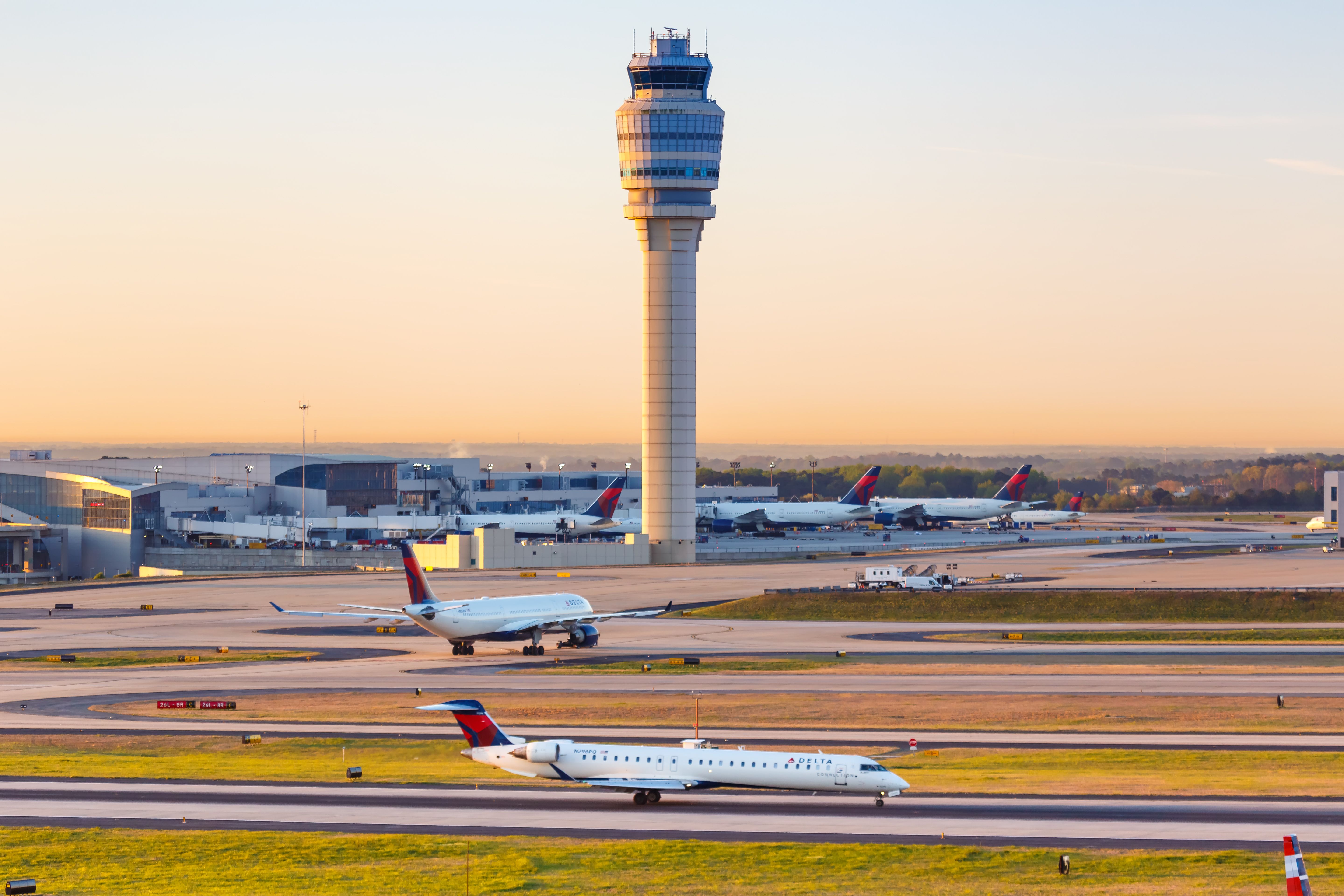On the evening of May 9th, the US Senate passed an aviation bill that will have far-reaching effects on general and commercial aviation. The bill reauthorizes the Federal Aviation Administration (FAA). It provides large amounts of funding in the future to both the FAA and the National Transportation and Safety Board (NTSB) to improve infrastructure and safety across the industry.
What changes will be introduced?
The bill aims to improve safety, renew infrastructure, and alter airline policies to help consumers better.
Photo: Angel DiBilio | Shutterstock
Related
Staff Shortage: FAA Delays Rest Rule Implementation For Air Traffic Controllers
Staffing shortages have paused the FAA’s plan to implement changes to the air traffic control (ATC) rest rules.
Here are some of the changes introduced by the bill:
- The FAA’s reauthorization provides $105 billion over the next five years. The agency will use this money to introduce new technologies to aid ATC and hire the maximum number of controllers at its training academy.
- NTSB will receive $738 million to modernize airports, introduce technology programs, codify airline refund requirements, and improve protections for disabled passengers.
- Cockpit voicer recorders will now record 25 hours of data.
- Airlines must refund or offer customers credit valid for five years for domestic and international flight delays longer than three and six hours, respectively.
- It prevents airlines from charging passengers extra to seat children next to accompanying adults if seats are readily available.
- Establishes an FAA Ombudsman to coordinate the response to submissions of inquiries or objections relating to issues such as aircraft and pilot certifications, waivers, etc.
Securing the majority vote
HR 3935, or the Securing Growth and Robust Leadership in American Aviation Act, was previously passed by Congress and passed the Senate with an overwhelming majority of 88 to four on Thursday.
Photo: Markus Mainka | Shutterstock
The four nay votes came from senators representing the states of Virginia and Maryland. These representatives voted against a particular issue on the bill, which, if signed into law, would authorize five additional daily flights beyond the 1,250-mile perimeter around Washington Reagan National Airport (DCA).
The senators of Virginia and Maryland voted against the bill as they represent Dulles International Airport (IAD) and Baltimore/Washington International Thurgood Marshall Airport (BWI), respectively. Additional flights to DCA will negatively impact IAD and BWI.
Background for the bill?
The bill was introduced to improve the aviation industry, primarily safety, which has become a major concern after 23 near-miss incidents and the Boeing 737 MAX 9 door plug blowout.
An issue at the forefront of America’s aviation industry is the heavily understaffed ATC, which has resulted in controllers having to put in overtime, causing fatigue and low performance. The near-misses are a direct result of this staff shortage. As a result, the bill works to fill the 3000 vacant controller positions in the country’s ATC system.
Photo: The Bold Bureau | Shutterstock
Another issue is that the FAA has been understaffed. So, the agency allowed companies like Boeing to self-inspect and send the FAA reports. However, Boeing has allegedly falsified multiple reports and the poor safety culture has led to serious lapses in quality and safety, leading to passenger deaths and other serious incidents.

Related
NTSB Says Alaska Airlines Boeing 737 MAX 9 Door Plug Work Footage Was Overwritten
The security camera footage of the repair work being completed last September is no longer available for review.
What’s next for HR 3935?
According to the tracker, the bill will be passed on to President Joe Biden, who will sign or veto it. The changes enacted will send ripples throughout the industry if signed into law.



